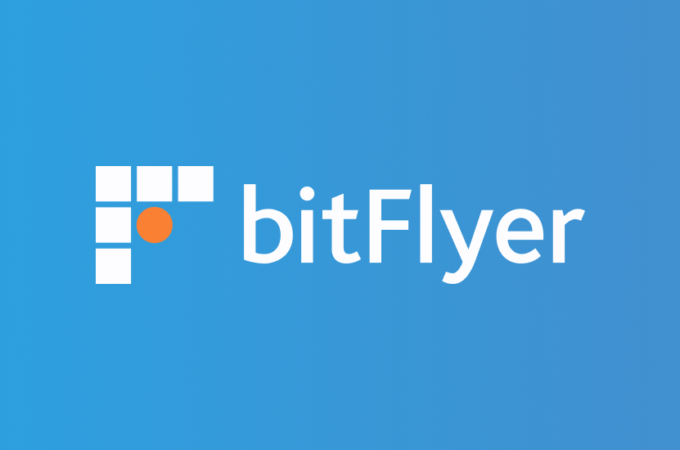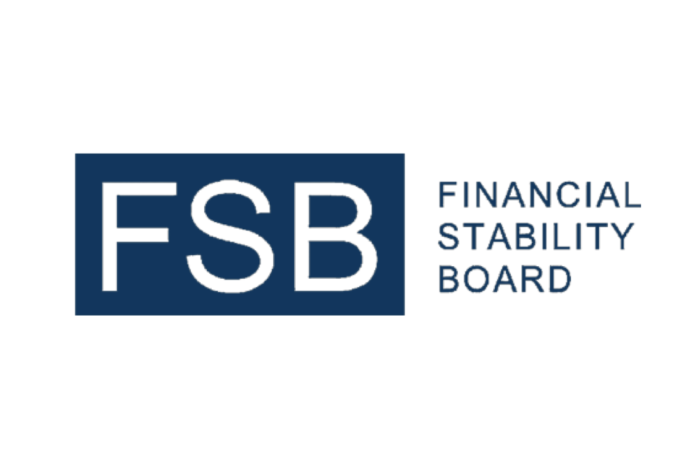
DIFC Introduces Digital Assets Law and Enhanced Security Regulations
Dubai International Financial Centre (DIFC) has recently enacted pioneering legislation aimed at regulating digital assets and bolstering security measures within its financial ecosystem. The introduction of the Digital Assets Law, coupled with revisions to existing laws and the enactment of a new Law of Security, reflects DIFC’s commitment to fostering innovation and maintaining a robust regulatory framework aligned with global standards.
The Digital Assets Law, designated as DIFC Law No. 2 of 2024, marks a significant milestone as the world’s first legislative enactment to comprehensively define the legal characteristics of digital assets within property law. This legislation not only elucidates the nature of digital assets but also delineates how these assets can be controlled, transferred, and managed by stakeholders. By providing legal certainty for investors and users of digital assets, DIFC aims to facilitate greater participation in this burgeoning asset class and support the growth of digital innovation in financial markets.
Furthermore, DIFC has revised existing laws such as the Contracts Law, Law of Obligations, and Trust Law, among others, through Amendment Law No. 3 of 2024. These updates address specific issues related to digital assets and ensure that DIFC laws remain adaptive to evolving technological trends in international trade and finance.
One notable enhancement introduced by the amendments is the recognition of electronic transferable records within the Law of Obligations. These electronic records, which emulate traditional paper trade documents like bills of lading and promissory notes, streamline cross-border transactions by facilitating faster and more secure document transmission. Additionally, the amendments enable the automation of certain transactions through smart contracts, further enhancing operational efficiencies in digital trade.
In tandem with the Digital Assets Law, DIFC has repealed the outdated 2005 Law of Security and replaced it with a new, comprehensive Security Law. Modeled on the United Nations Commission on International Trade Law’s Model Law on Secured Transactions, the Security Law aligns with international best practices and provides clarity on securing digital assets. By integrating financial collateral provisions into this new law, DIFC aims to modernize its securities regime and ensure regulatory coherence in the digital era.
The enactment of these legislative measures underscores DIFC’s role as a leading global financial center committed to fostering innovation and attracting international investment. With its own legal system based on English common law, DIFC operates as a tax-free special economic zone within the United Arab Emirates, offering a conducive environment for financial services and technological advancements.
Jacques Visser, Chief Legal Officer at DIFC Authority, emphasized the significance of these legislative reforms in providing legal clarity and fostering growth in digital asset initiatives. The move to modernize property and securities laws for blockchain capabilities is poised to attract market participants to DIFC, positioning the center as a hub for digital innovation and financial services.
The new legislation came into effect on March 8, 2024, reflecting DIFC’s proactive approach to adapting to technological advancements and maintaining its position as a premier financial hub in the Middle East and beyond. Investors and stakeholders can access the full text of the laws through DIFC’s Legislative Database, underscoring the center’s commitment to transparency and regulatory compliance.





